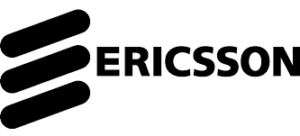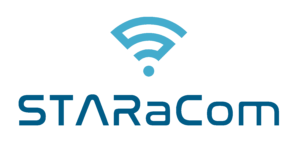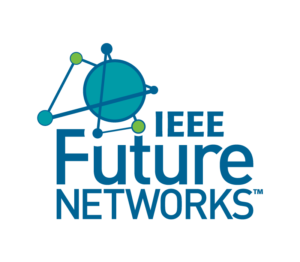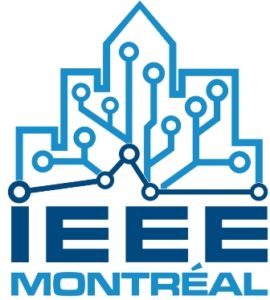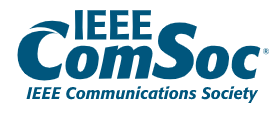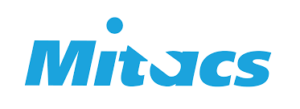12 October 2022 // 16:00 – 17:30 // Hybrid
MODERATORS
- Sudhir Dixit, Co-Chair, IEEE FNI CTU Working Group, Basic Internet Foundation, sudhir.dixit@ieee.org
- Ashutosh Dutta, Co-Chair, IEEE FNI, JHU/APL, ashutosh.dutta@jhuapl.edu
SCOPE
There are numerous projects and initiatives ongoing around the world, however these are fragmented and lack the critical mass and coordination to be able to impact the future standards, product develop- ment, and cost of deployment otherwise achievable by volume. The workshop aims to bring all those activities together in a single event to discuss the challenges, solutions, and potential for collaboration opportunities while influencing the network service providers, manufacturers and the governments around the world to raise the issues to the forefront.
While technologies are available today, they need to be customized and optimized at the systems level to bring down the cost of network in order to be affordable. In addition, the content needs to be relevant and in local languages to be of useful, not to mention the need to offer innovative hu- man-computer interaction (HCI) solutions (that are not text based) so that people who are not literate or digitally savvy can easily use the devices and consume services. Another important requirement is of flexible spectrum allocation regime at the lower range of the spectrum to increase reach and cov- erage. Use of renewable energy sources will enable deployment in remote areas where there is lack of power grid or it is intermittent. In short, this workshop will highlight a number of technology gaps that should be addressed in 5G and B5G networks, such that access is affordable and content and services are actually consumed by the target set of users. Technology aside, need to develop innovative busi- ness models is a must so that the solutions are commercially sustainable in the long-term. A number of such models, especially designed for the rural population, will be discussed, such as Village Level Entrepreneur (VLE), Freemium (Free + Premium), revenue sharing among the cascade of service pro- viders, subsidized billing by USOF (Universal Service Obligation Funds). Finally, the workshop aims to summarize the state-of-the-art from today to 3 years, 5 years and 10 years.
ACCEPTED PAPERS
An edge-based Machine Learning-enabled approach in Structural Health Monitoring for public protection – Claudia Rinaldi (University of L’Aquila, Italy); Francesco Smarra (University of l’Aquila, Italy); Fabio Franchi (University of L’Aquila, Italy); Fabio Graziosi (University of l’Aquila, Italy); Alessandro D’Innocenzo (University of L’Aquila, Italy) // (Note: This paper has been accepted in Symposium S4 click here)
Offloading in 5G Cellular Networks: Unexplored Strategies – Gourish Goudar (Nitte Meenakshi Institute of Technology, India); Sanket Mishra (VITAP University, India) // (Note: This paper has been accepted in Symposium S7 click here)
The cost and coverage challenge of connecting rural and remote areas – Ivan Rincon (Government of British Columbia, Canada)
Digital Divide Among Persons with Disabilities: the use of Mobile phones as enablers in Tanzania – Msafiri M Ngololo, Jr (Human Rights Commission & Research Organization, Tanzania)
INVITED SPEAKERS/PANELISTS
Sign up for email alerts to get the latest news and announcements for the 2022 IEEE Future Networks World Forum. If you have specific questions, contact us at FNWF@ieee.org.






